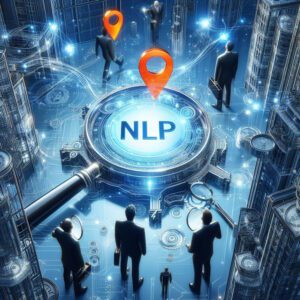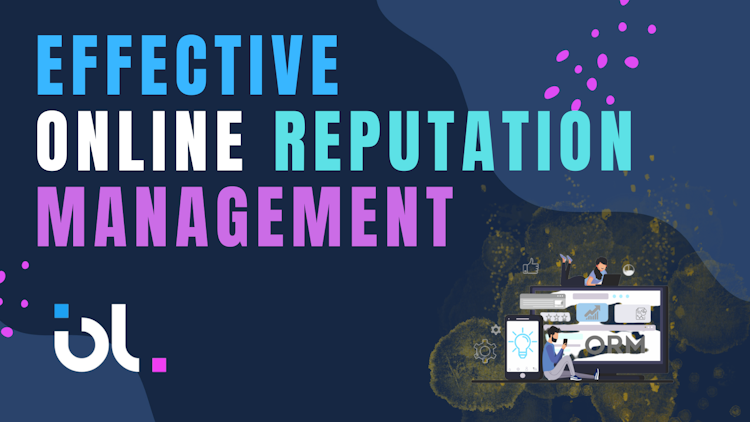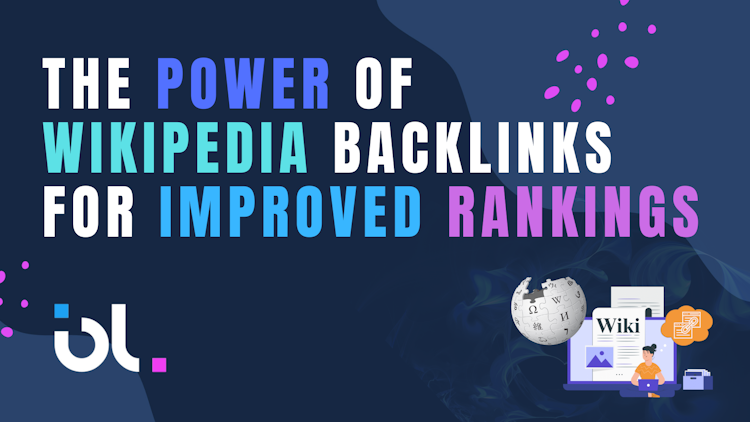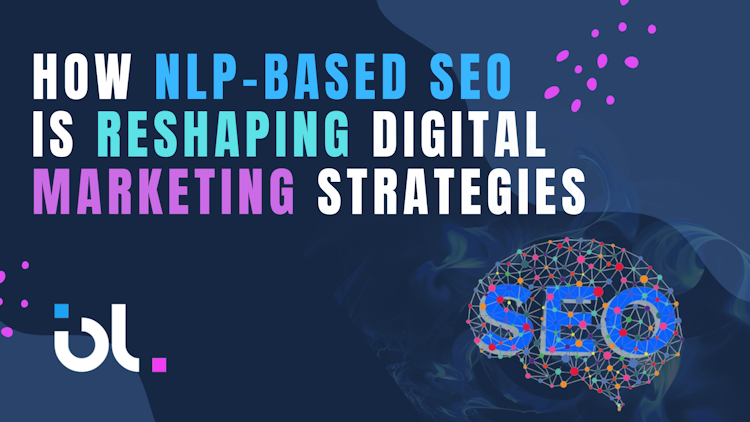NLP-based SEO harnesses the power of computer systems to comprehend, dissect, generate, and manipulate natural language.
Let’s look into the complexities of natural language processing-based SEO, its influence on search engine rankings, and the ways in which companies may use this powerful tool to strengthen their online presence.
What is NLP-based SEO?


Diverging from conventional keyword-centric SEO, which leans heavily on particular keywords and phrases, NLP-based SEO prioritizes grasping the context and intent of user inquiries.
How Does NLP-based SEO Work?
Fundamentally, NLP-based SEO centers on augmenting the significance and semantic depth of content. Through scrutinizing the framework and essence of language, NLP algorithms excel in deciphering user intent, thus furnishing precise search outcomes. Such capability empowers businesses to craft content harmonizing with the inherent language nuances of their desired demographic, consequently amplifying visibility and interaction.
The Effect of NLP-Based SEO on Rankings
Improving User Engagement
In the realm of search engine rankings, platforms favor websites offering valuable, pertinent, and user-centric content. NLP-based SEO assumes a pivotal role in elevating the user experience by optimizing content for search engines while customizing it to suit user preferences.
By harnessing an understanding of the intricacies of natural language, businesses can cultivate a tailored brand presence, resulting in heightened engagement and retention rates.
Enhancing Semantic Significance
Conventional SEO strategies frequently hinge on keyword density and positioning to boost search engine rankings. Yet, this methodology overlooks the contextual significance of content. NLP-based SEO transcends mere keywords, delving into the underlying meanings and motivations behind user searches.
Through dissecting the semantic connections among words and expressions, enterprises can craft content that resonates contextually with a broader array of search queries. This amplifies the likelihood of ranking for associated keywords and topics, consequently augmenting organic traffic and prominence.
Adopting Conversational Search Trends
As voice search and virtual assistants gain prominence, the dynamics of user interactions with search engines undergo a transformation. Conversational search inquiries are on the ascent, as users gravitate towards a more informal and conversational style when searching for information online.
NLP-based SEO equips businesses to tailor their content for conversational search, enabling them to synchronize more effectively with the language users employ in their queries. By integrating natural language structures and colloquial expressions into their content, businesses enhance their prospects of featuring in voice search outcomes and seizing a greater portion of organic traffic.
Predicting User Intent
Grasping user intent lies at the heart of providing pertinent search outcomes. NLP-based SEO empowers enterprises to foresee user intent through the analysis of search query context and semantics.
By pinpointing inherent patterns and motivations, enterprises can customize their content to cater to the distinct requirements and inclinations of their desired audience.
This not only heightens the pertinence of search outcomes but also elevates the comprehensive user experience, culminating in elevated engagement and conversion rates.
Using the Power of NLP for Optimal Results
Performing Semantic Keyword Research


Through the strategic analysis of semantic clusters and interconnected topics, businesses have the ability to create tailored content that caters to a wide range of user needs and preferences. This approach enhances their prospects of ranking for relevant search queries and resonating with their target audience effectively.
Crafting Quality, Semantic Content
Content serves as the cornerstone of any thriving SEO strategy. With the advent of NLP-based SEO, businesses now possess the capability to generate premium, contextually enriched content that deeply resonates with their intended audience. Rather than resorting to mere keyword stuffing, businesses should prioritize delivering valuable and insightful content that directly addresses the unique needs and challenges of their audience.
Furthermore, they can delve into local SEO research to tailor content specifically for their target demographic. By integrating natural language structures and contextually pertinent information, businesses can elevate the relevance and efficacy of their content, resulting in heightened search engine rankings and amplified organic traffic.
Enhancing Visibility Through Featured Snippets and Rich Results
When it comes to the search engine results pages, featured snippets and rich results are considered to be potentially lucrative areas. In order to greatly increase your website’s exposure and attract more visitors, you should try to get placement in these notable areas. Leveraging NLP-based SEO, businesses can tailor their content to heighten the probability of snagging these coveted positions.
By presenting content in a well-structured and succinct manner, addressing frequently asked questions, and offering valuable insights, businesses can enhance their prospects of being showcased in featured snippets and rich results. This, in turn, amplifies their visibility and credibility within their respective industries.
Evaluating Performance and Evolving Strategically


By scrutinizing performance data and identifying opportunities for refinement, businesses can iteratively refine their strategies to align with shifting trends and algorithms. This dynamic approach empowers businesses to outmaneuver competitors and sustain their visibility and relevance within the ever-evolving landscape of search engines.




